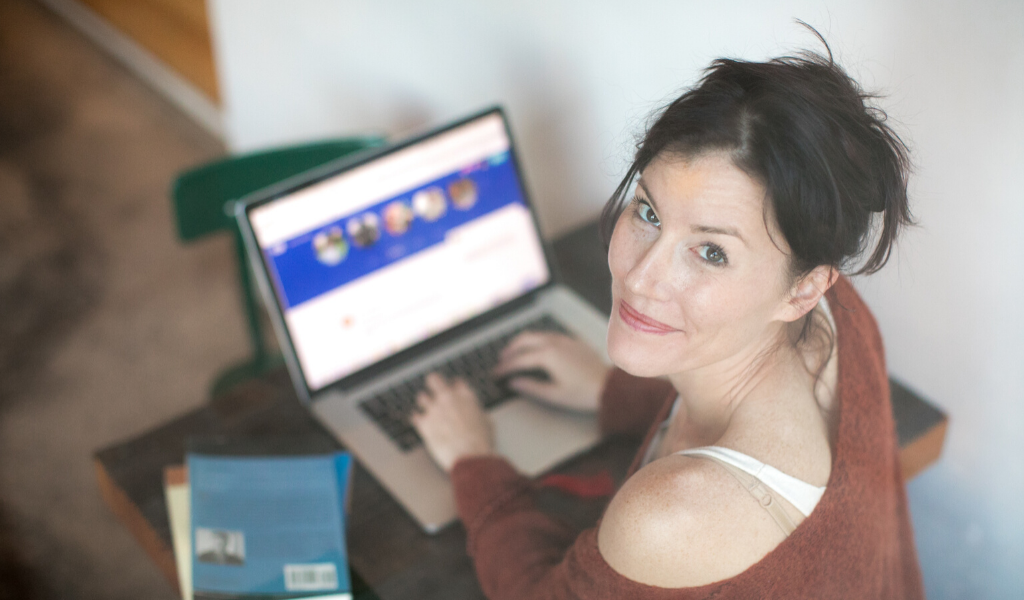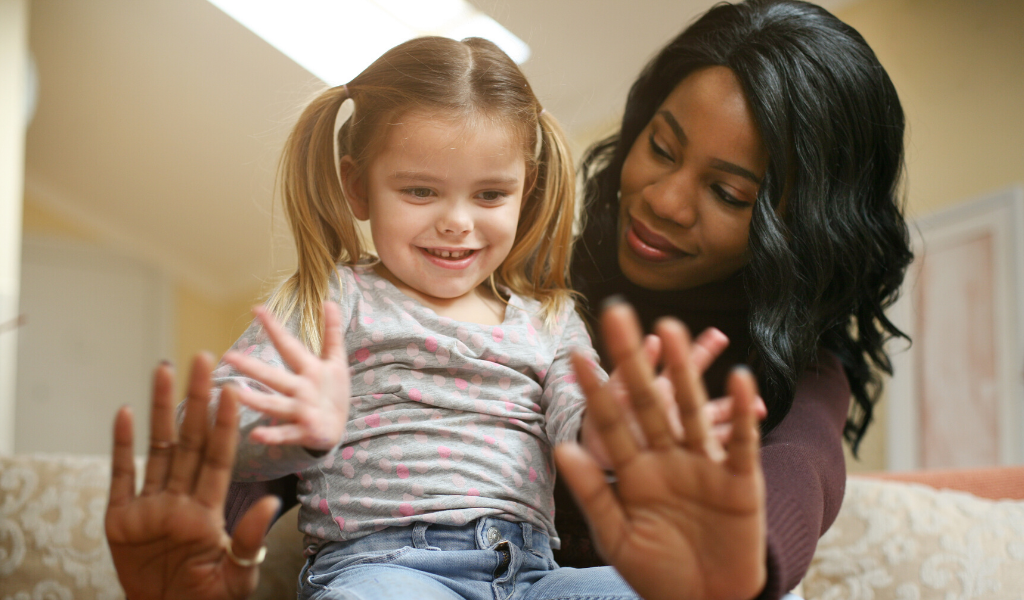As the world is halted by COVID-19, educators and parents rush to change their day to day routines to fulfil roles that they aren’t prepared for. Many questions are being asked, and few questions have firm answers. Distance and remote learning are buzzwords. “But what is it?” You mean more computer time?” Less computer time and learning how blue light from the screen can affect sleep habits were just topics of the town.
Train: Educate yourself. Understand the meaning of Distance Learning, so that you are able to explain if asked. Distance learning is a way of learning remotely without being in regular face-to-face contact with an educator in the classroom. This does not mean hours in front of a computer. However, digital learning platforms may be used. Explore distance learning platforms that are appropriate for your “audience”. Your audience consists of the parents and the children. When choosing a platform ask yourself: How will instruction be provided? How will the children and parents submit activities/ assignments? What are the expectations?

How user-friendly is the platform? Educate yourself about ways and activities to limit screen time. For children younger than 18 months of age, the American Academy of Pediatrics (AAP) recommends that it’s best if children younger than 18 months do not use any screen media other than video chatting.
Teach: As educators, we should first teach. Teach the parents so that they can understand the routines and processes that you have instilled in their child. Define words, do not use acronyms, use simple English to explain. The method of using simple language is not to belittle the parents, but educator language can be complex. If you want the parents to follow your lead they must understand. Provide parents with daily or weekly plans, so that they can be prepared to follow your plan. Write the plan down and make it plain, this way the parents can understand. Teach the parents how to implement a specific schedule or technique for their exceptional learner or struggling learner. Many parents are stressed and struggle with the different pressure of the new role that they must fulfill. Teaching the parents is just as important as teaching the child.
Reach: Educators have heart. We are brave and we lead the world. Reach out to the parents and children by being empathetic to the changing situations. Check on the children and parents as much as possible. Strengthen the home-school/ nursery relationship. Help the parents to understand the role you play in their child’s education and put their worries to ease. Understand that technical problems will happen and some parents are “technology dinosaurs”. When providing educational activities, if needed provide differentiated lessons or individual lessons for the struggling children or exceptional needs children.

Reach to your children via engagement. You entertain, persuade, and inform daily. Apply various teaching methods. Be creative. Make lessons interactive and hands-on. Develop activities that require movement because movement is healthy. Consider activities that the entire family can do together or that the family can work into daily routines. Such as story time before nap time. For children 0-18 months provide information and activities to the parents so that the parents can interact with their child.
As I plan lessons for 5-year-old children, I consider how much time they will look at the screen and how much movement will occur. When learning shapes using an asynchronous platform for 5-year-olds. I sent the parents a 5-minute video stating the objective and the activity. The children had to collect shapes from around their home, parents were to record (3 minutes or less) the child naming the shapes they discovered, and the parent would respond to the lesson by submitting the video of the child’s response to the distance learning platform.
This is an uncertain time for the world. Many of us are flabbergasted by the recent events. We must work together and respond appropriately with helpful information, love, and empathy.
Centers for disease and control prevention https://www.cdc.gov/ncbddd/childdevelopment/positiveparenting/index.html
Moovkids https://moovkids.com/
Brainpop jr https://jr.brainpop.com/
iknowit https://www.iknowit.com/
ABCmouse https://www.abcmouse.com/
TeacherTube https://www.teachertube.com/
Seesaw.com https://app.seesaw.me/activities
About Errollyn
Errollyn Johnson is a Kindergarten Head of Department and SENCO of a private school in Sharjah, United Arab Emirates. She has worked as an educator in the USA, Kuwait, and UAE for over 10 years, as a kindergarten and elementary classroom teacher, college instructor, and English Reading skills specialist. She has a Masters degree in Education Curriculum and Instruction and is a certified Educational Diagnostician.